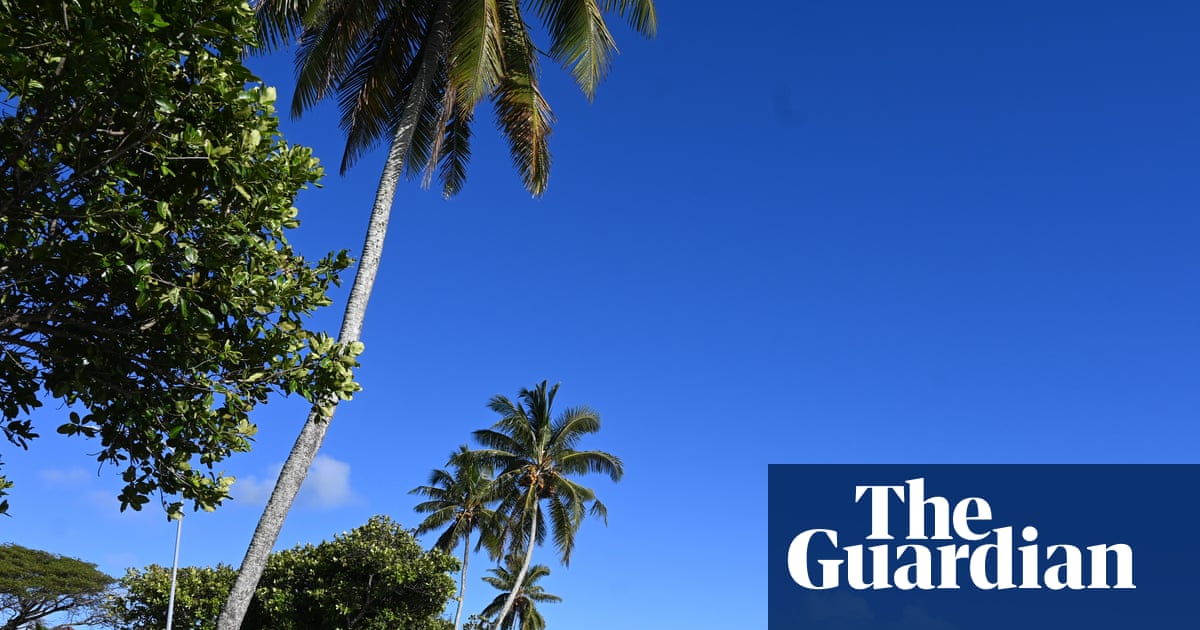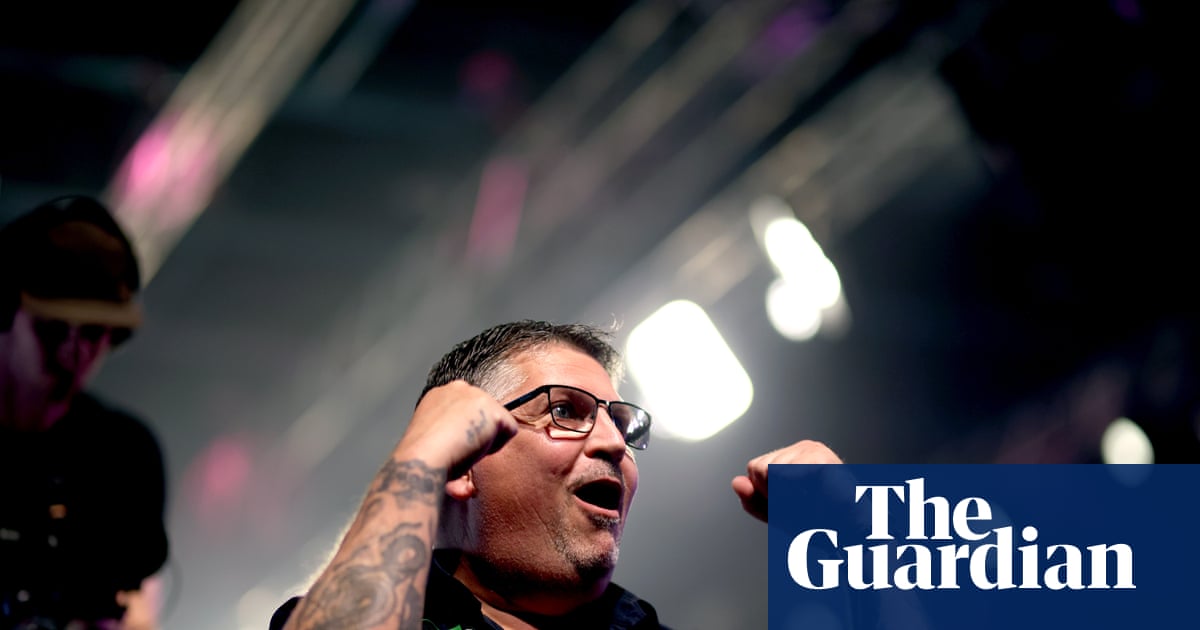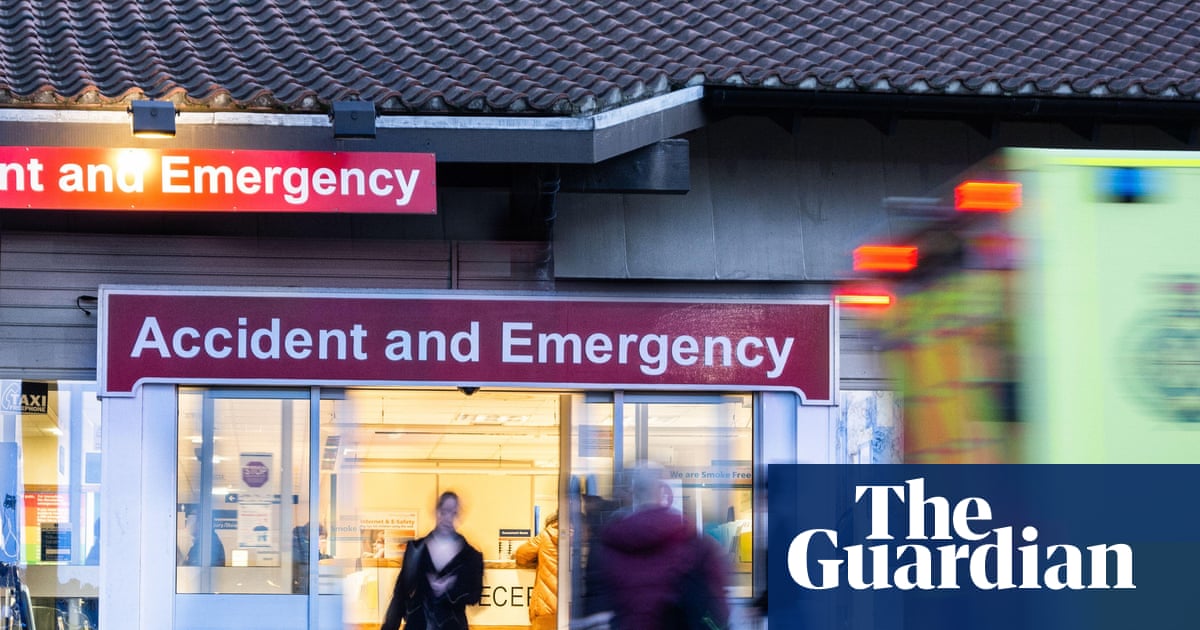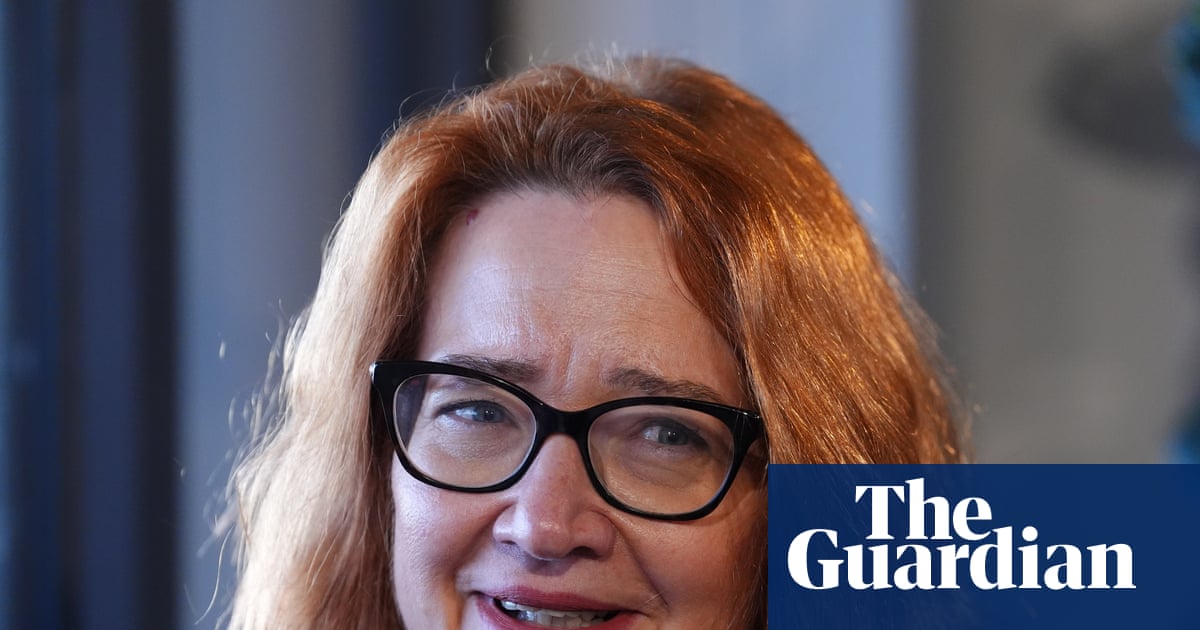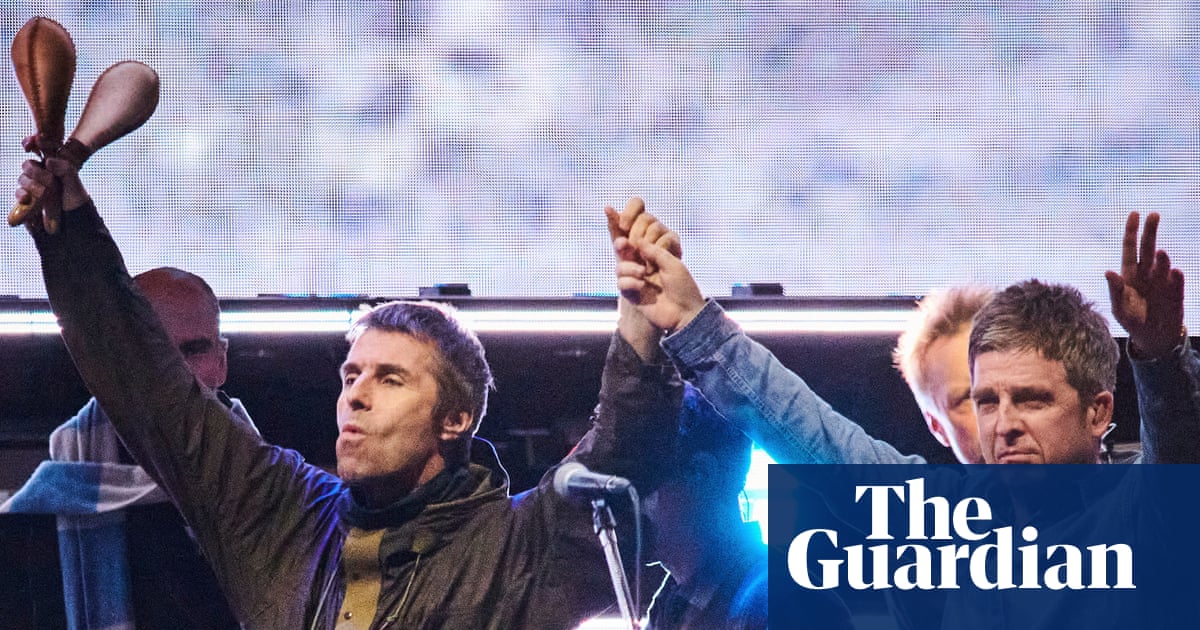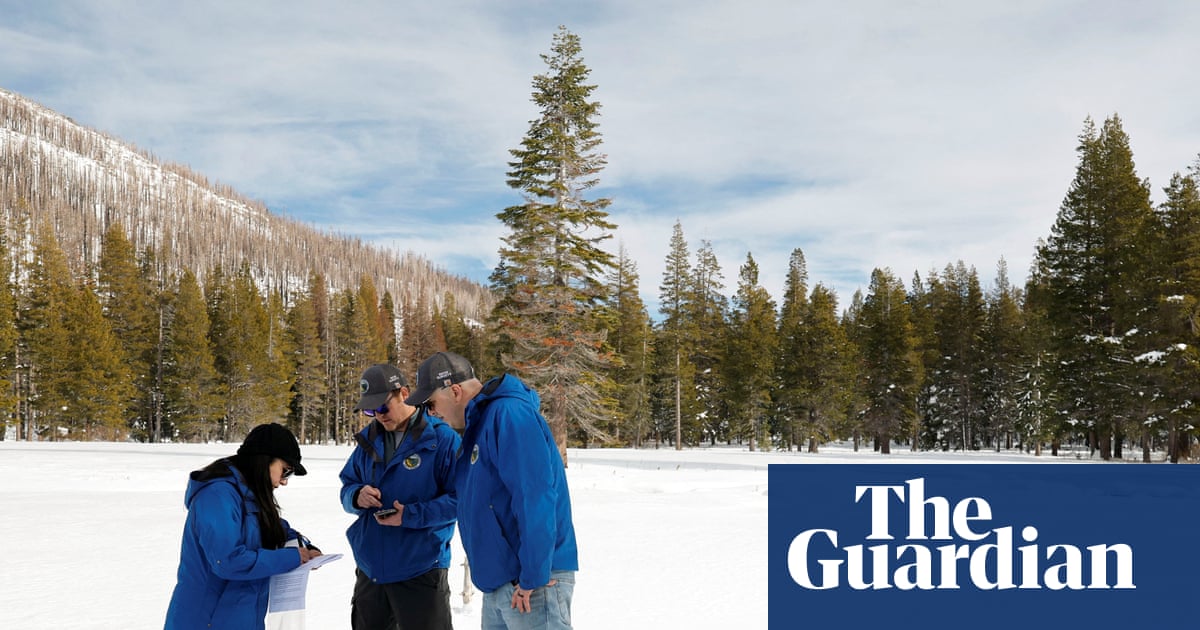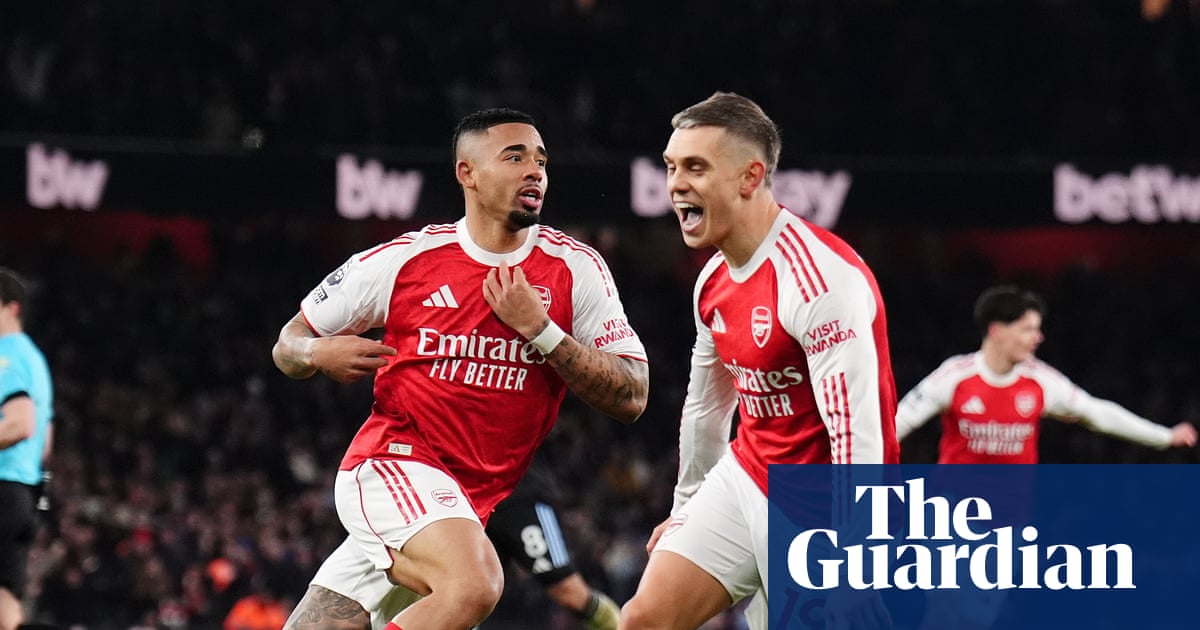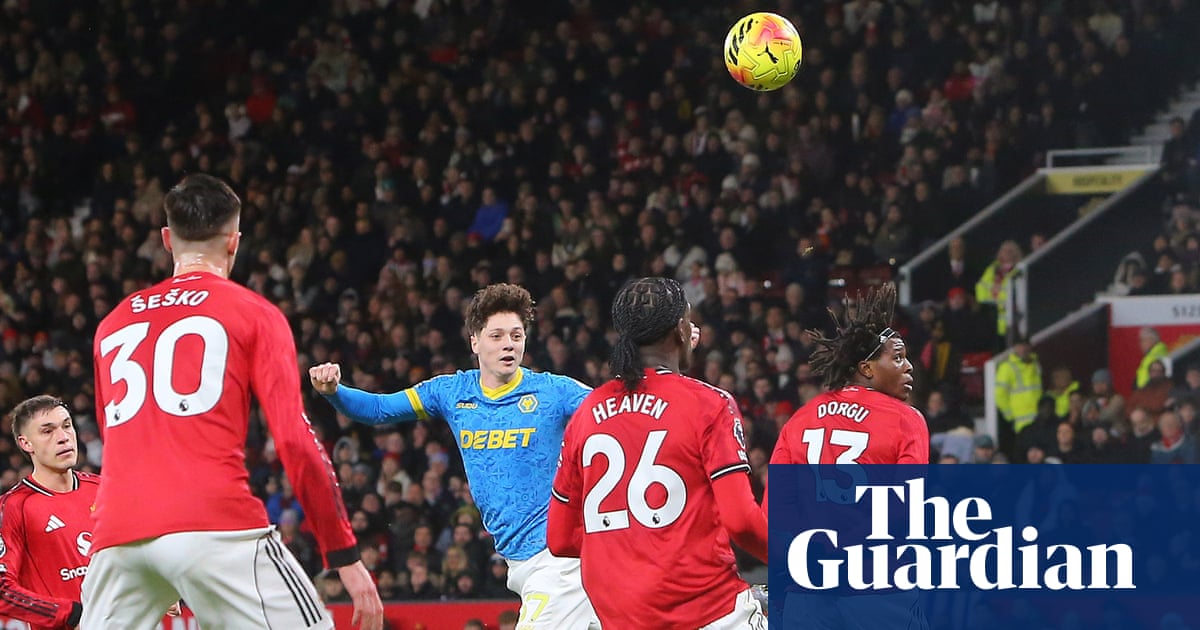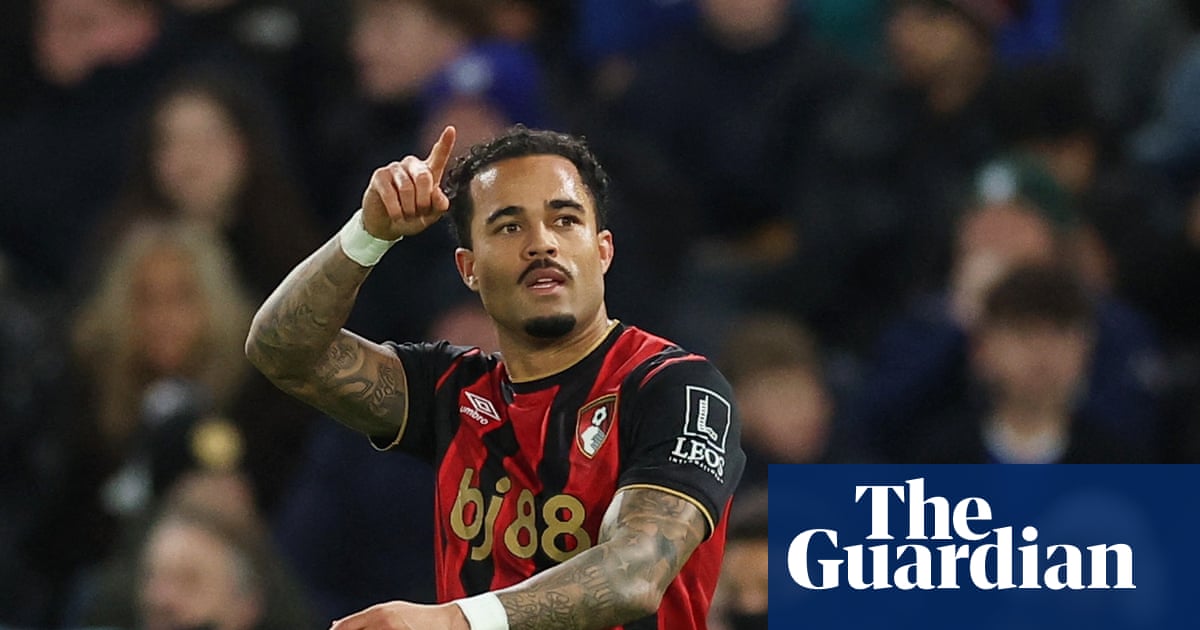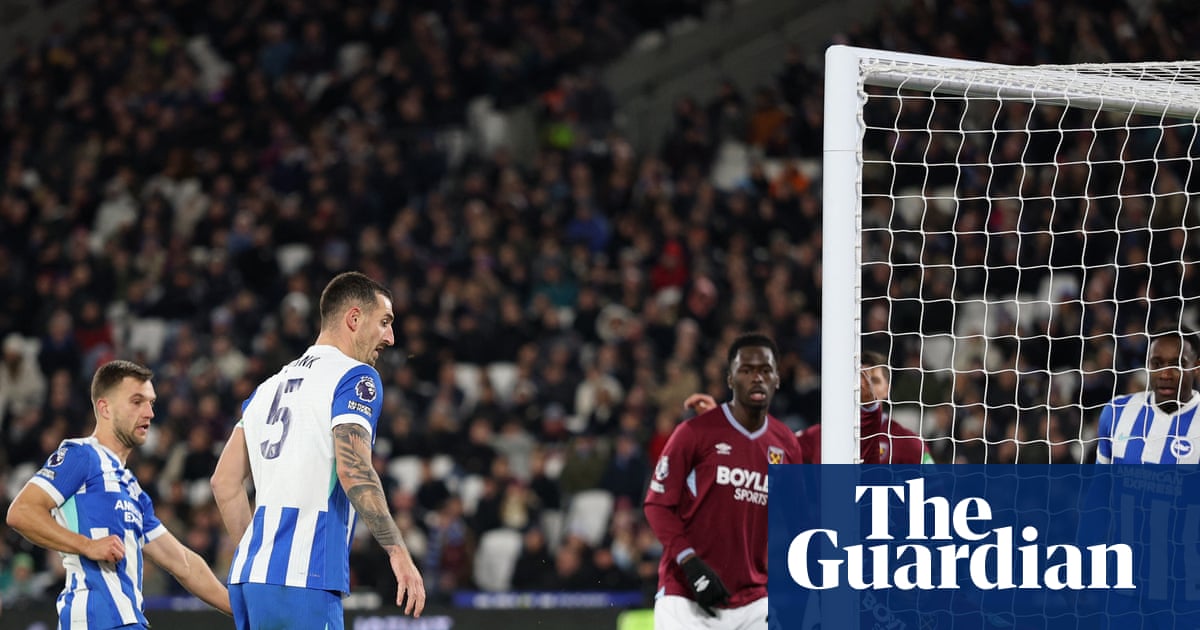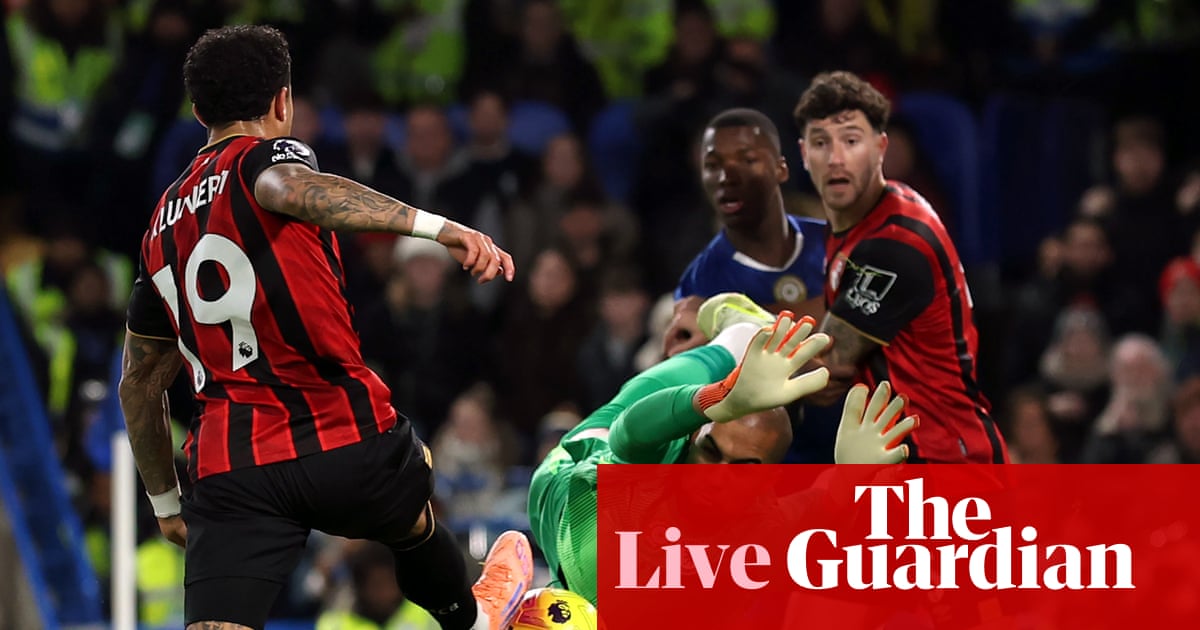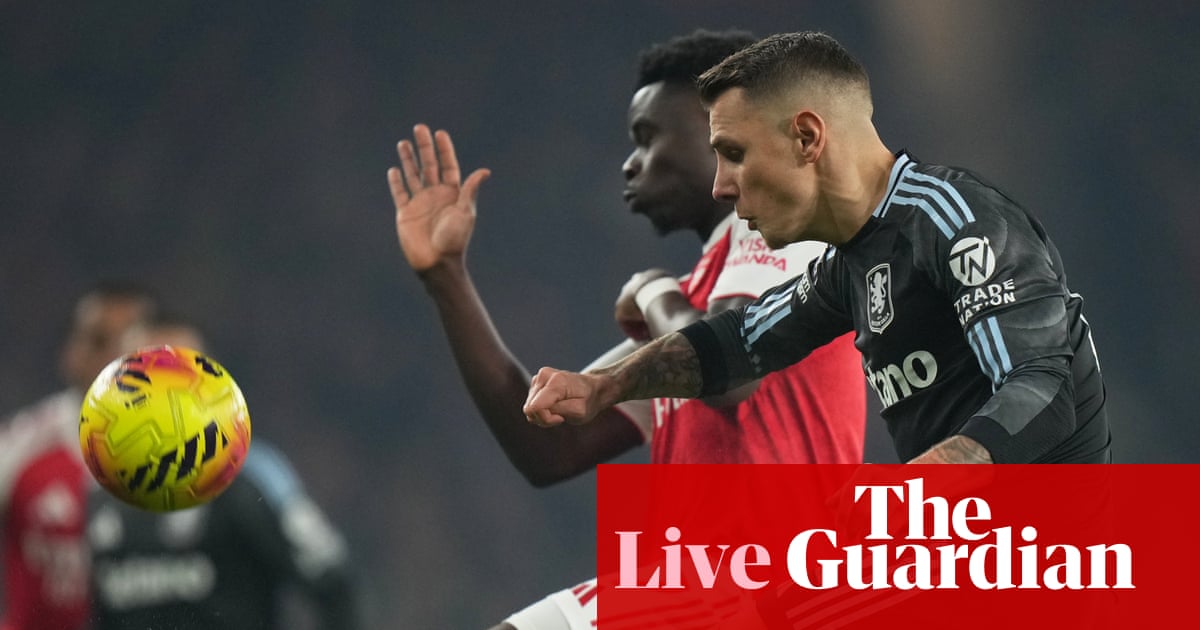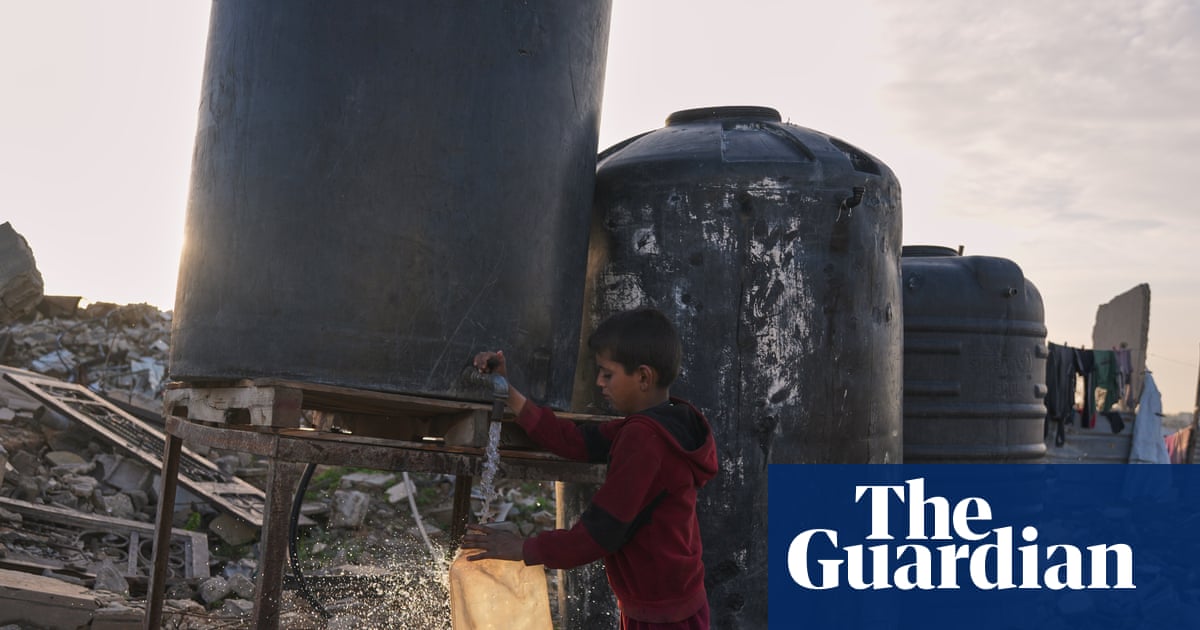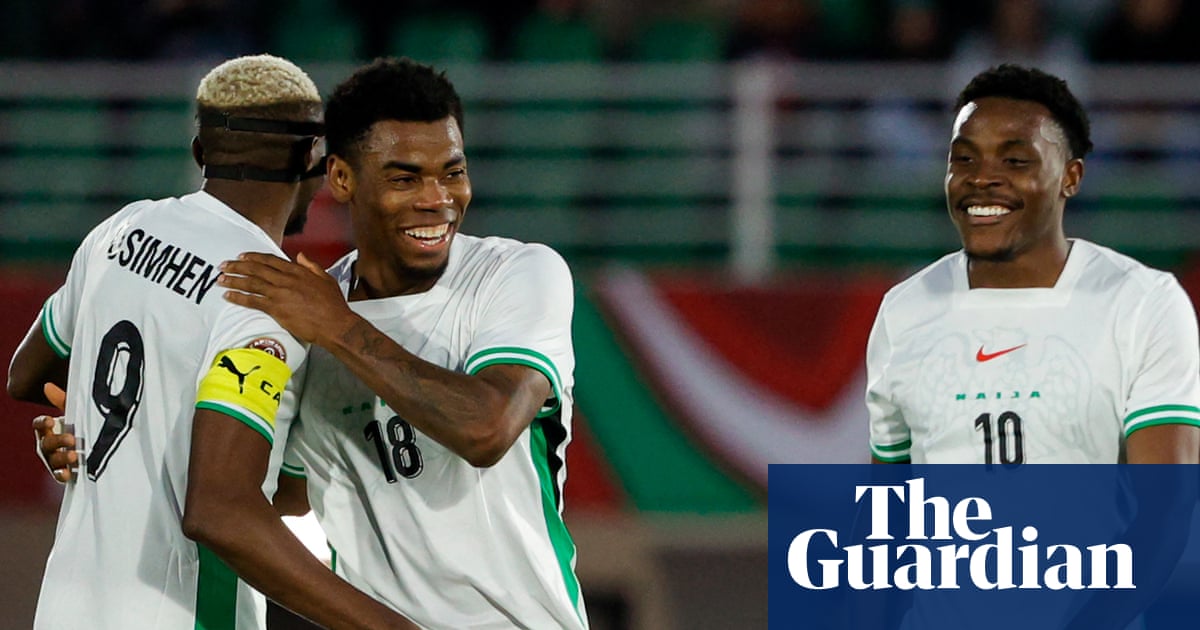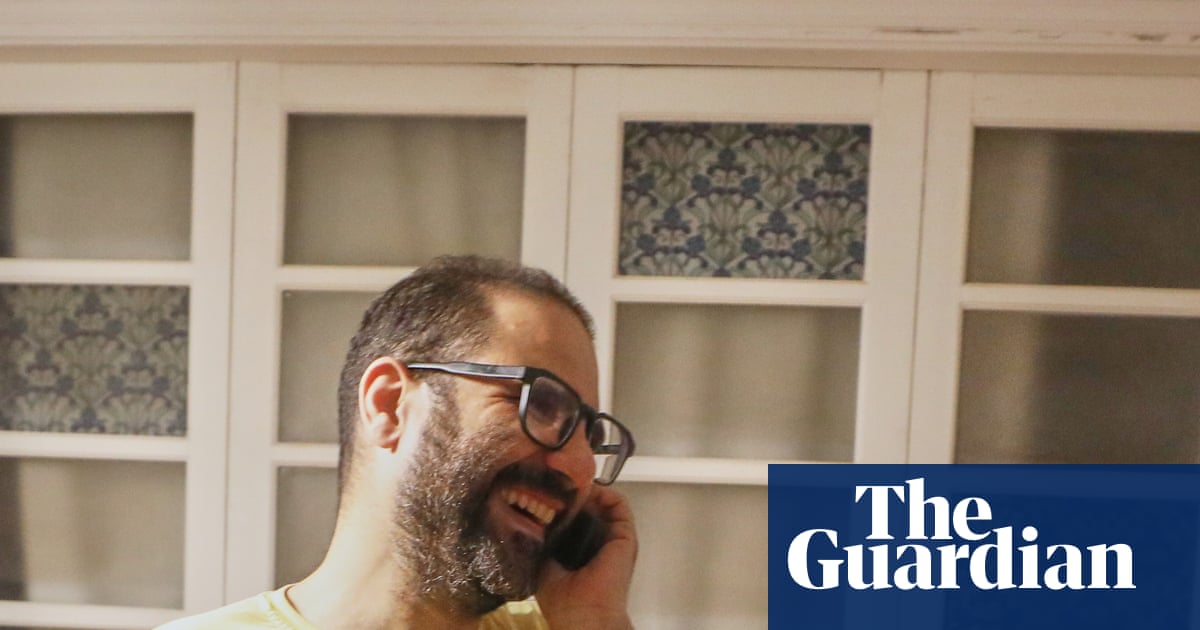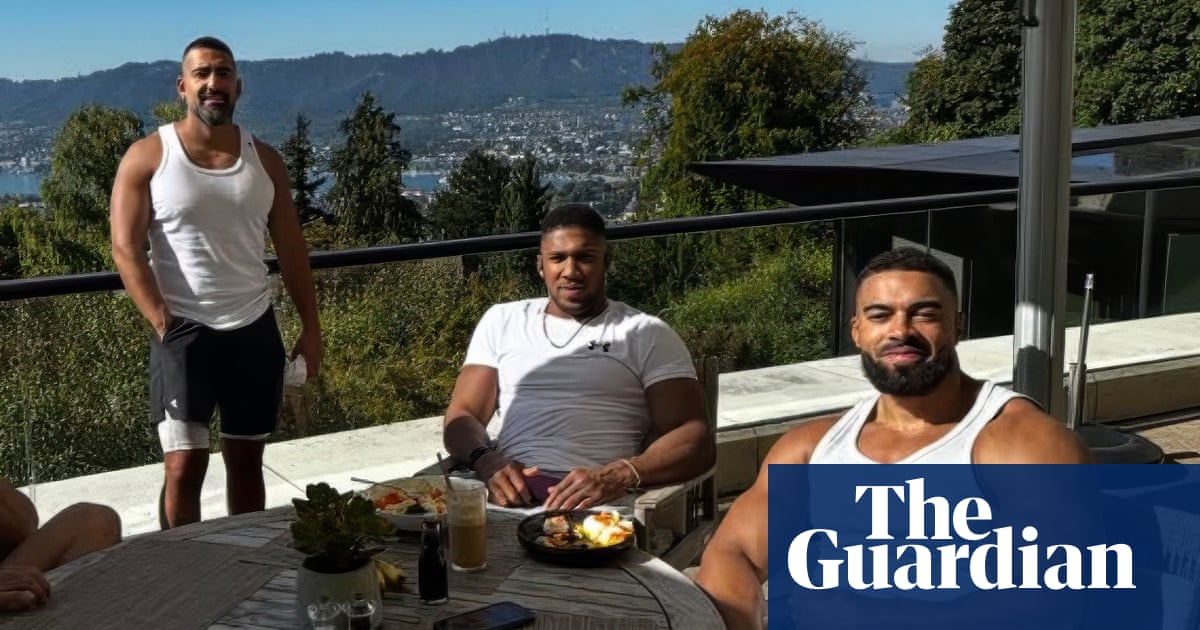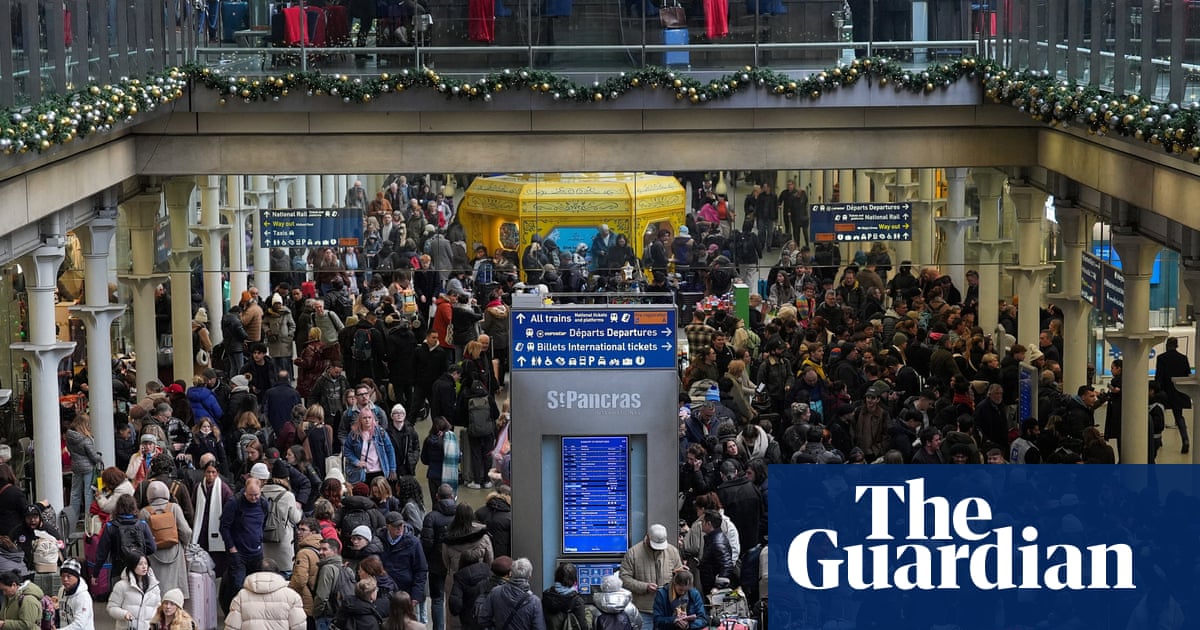They call themselves the Night Stalkers and their unofficial motto hints at the group’s lethal nocturnal line of work: “Death Waits in the Dark.” “You can flee, but they will find you,” warns a rare book about the US army’s secretive 160th Special Operations Aviation Regiment (SOAR).
Since the elite helicopter unit’s creation in 1981, its daredevil pilots have taken part in some of the most dangerous missions in recent US military history: battling Islamic State during Operation Inherent Resolve in Iraq and Syria, and Somali warlords during Operation Gothic Serpent; and spiriting Navy Seals into Pakistan to kill the al-Qaida leader Osama bin Laden as part of Operation Neptune Spear.
“I honestly think these people are the best rotor-wing pilots in the world … They are the Formula One drivers of aviation,” said Steven Hartov, the author of a book about the unit’s top secret missions, which nearly always happen under the cover of darkness.
In recent weeks the Night Stalkers have found themselves in a different part of the world, their egg-shaped Little Bird attack helicopters and Black Hawks spotted not in Idlib, Kandahar or Baghdad but 90 miles off the coast of Venezuela.
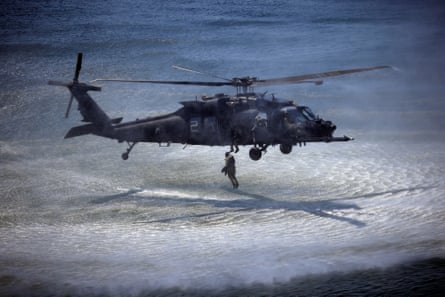
The group’s Caribbean training assignment – part of a major military deployment which has also seen B-52 bombers and F-35 fighter jets take to the region’s skies – comes as Donald Trump ratchets up the pressure on Venezuela’s authoritarian president, Nicolás Maduro, in what many believe is an attempt to force him from power.
Last week Trump publicly confirmed authorising covert CIA operations within Venezuela and boasted that Maduro “doesn’t want to fuck around with the United States”. Since September, at least 27 people have been killed in US missile strikes on alleged drug vessels in the Caribbean.
“If there was a ‘probability of US military action in Venezuela’ radar, I would say it’s definitely leaning past the 75% probability at this stage, if not more, because things have never escalated to this level,” said Eva Golinger, an American lawyer who advised Maduro’s predecessor, Hugo Chávez. “I’m waiting for the text in the middle of the night or the call that [there has been] … some type of US incursion inside Venezuela or selective bombing.”
Trump was “willing to go for it because he believes his power is limitless”, Golinger said. “Venezuela is in the eye … and it’s pretty terrifying.”
Robert Evan Ellis, a Latin America expert who advised Mike Pompeo, the secretary of state during Trump’s first term, said the Caribbean exercises were one strand of “a carefully calibrated military messaging” campaign to pile pressure on Maduro’s regime as part of a “controlled negotiation” designed to advance US interests.
Ellis saw three possible outcomes: the pressure could convince Venezuelan military bosses to topple Maduro “and solve the problem without the US”; Maduro’s regime could be “decapitated” by a major US operation, paving the way for a democratic transition; or Trump could strike “some sort of substantive deal” that ensures Maduro’s exit and gives US companies access to Venezuela’s abundant natural resources.
He thought such a deal might leave an undemocratic regime in place. It might also involve building a Trump hotel “with a great golf course” in Venezuela’s capital.
“What is very difficult for me to imagine happening is that Maduro stays in power and this just goes on as it had before,” added Ellis, who suspected Trump’s failure to remove Maduro during his first term meant he would be loth to fail again.
“I’m inclined to believe that … if we arrive at end of November [or] early December and there’s not a good deal or a resolution with the military taking this into their own hands … [then] the president very well could pull the trigger and do the operation,” Ellis said.
A Venezuela mission would not be the first in Latin America and the Caribbean conducted by the Night Stalkers, whose pilots specialise in infiltrating and exfiltrating special forces troops – called “customers” – from hostile places, nearly always at night.
In 1983, the group played a key role in Operation Urgent Fury, the invasion of Grenada that Ronald Reagan ordered to stop the former British colony becoming what he called “a major [Soviet-Cuban] military bastion”. In 1989, its pilots helped topple Panama’s dictator, Manuel Noriega, during George HW Bush’s Operation Just Cause. That campaign involved an audacious Night Stalker assault in which operatives rescued a US citizen from a Panama City prison while under heavy fire.
“They basically deliver [special forces] and extract them into impossible places … at night,” said Hartov. “When there’s a mission … that appears to be impossible because of the location or the [enemy’s] defences – whether it be extracting a high-value target or knocking out a particular dangerous target – the Night Stalkers are the only ones who can deliver.
“If you look at the record of how many [members] have died or been terribly injured in just training crashes, it’s probably higher than any other unit because they’re going fast and low in the dark.”
after newsletter promotion
Many of the regiment’s hair-raising real-life operations have also ended in tragedy. In 1993, two Night Stalker helicopters were shot down with rocket launchers and five members killed during the Battle of Mogadishu, the two-day skirmish remembered in Ridley Scott’s film Black Hawk Down. Hundreds of civilians are also thought to have lost their lives.
“For the Night Stalkers, Mogadishu was a watershed moment … They emerged with some painful wounds,” said Hartov, who noted that the episode taught its members a hard lesson. “Despite their incredible access to hi-tech gear, weapons, support, communications, a man in a T-shirt and jeans with an AK-47 can bring down your helicopter.”
Andrés Izarra, a former Chávez minister now living in exile, said he foresaw a Somalia-style debacle if the US raided Caracas, the Venezuelan capital.
“The Venezuelan military [is] not very well prepared … but they have at least 30,000 praetorian guards,” he said of Maduro’s security apparatus, which includes the intelligence agencies DGCIM and SEBIN and police special forces.
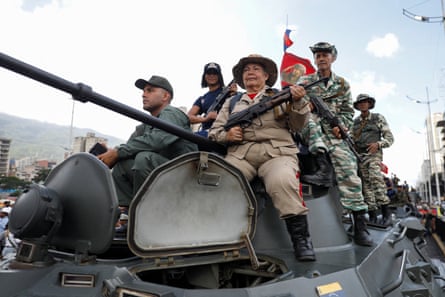
Izarra reckoned Maduro also boasted 20,000 “hardcore” militia fighters armed with assault rifles and Igla portable surface-to-air missiles. “How are you going to get a Black Hawk to operate in Venezuela, where anyone can have an Igla and bring it down?” he wondered. “They’re going to turn Caracas into Mogadishu.”
The prospect of a US attack has spooked regional governments, with Brazil’s president, Luiz Inácio Lula da Silva, this week warning against outside meddling in a “continent free of weapons of mass destruction”.
“Foreign intervention can cause more damage than it seeks to prevent,” said Lula, whose military commanders recently sent 10,000 troops to Brazil’s northern border with Venezuela for exercises.
Earlier this month, Venezuela’s UN ambassador, Samuel Moncada, claimed Washington was “walking towards a catastrophe that may destroy the whole region for generations”. He said: “They’re coming for an invasion … to take away our country and turn us into a colony,” noting the presence of US helicopters near Trinidad.
Some doubt Trump will follow through, viewing his military manoeuvres as a bluff designed to intimidate Maduro or his military top brass.
Hartov was also sceptical Washington would launch a “massive” snatch-and-grab operation targeting Maduro or his ministers. “But they did so with Noriega – and the Night Stalkers were heavily involved in that. They did so with Saddam Hussein – the Night Stalkers were involved in that. They did so with Osama bin Laden.
“I would be nervous if I were [Maduro].”

 2 months ago
52
2 months ago
52
